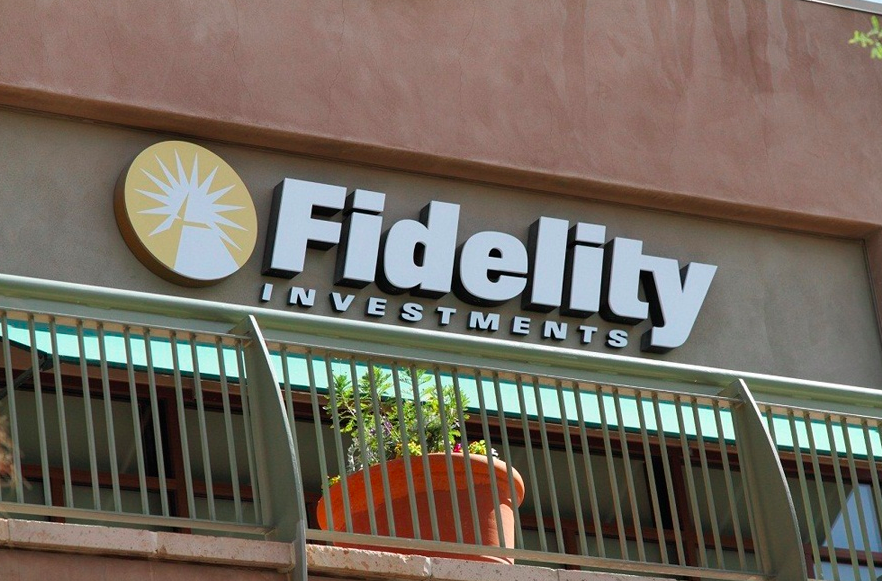Fidelity is firing another shot in the escalating battle over financial advisers' workstations with a new managed account platform to rival turnkey asset management platforms.
The firm will announce Thursday a new wealth management platform called Fidelity Managed Account Xchange, or FMAX, that ties together
Wealthscape adviser technology, financial planning from eMoney Advisor and investment products from Fidelity and third-party asset managers.
The idea is to provide advisers a single platform they can use for everything from prospecting and new client onboarding to financial planning, investment allocation and on-going management. FMAX will integrate with Fidelity's
AMP robo-adviser for advisers looking to offer digital advice to young investors or small accounts.
(More: What's keeping advisers from using investment model marketplaces?)
"Today, a lot of financial planners work with the planning technology and work with a separately managed account technology," said Gary Gallagher, Fidelity Institutional's head of investment and managed solutions. By bringing it all together, Fidelity can eliminate what Mr. Gallagher called the "swivel chair experience" of re-entering information into multiple systems.
To support FMAX, the mutual fund giant is creating a new registered investment adviser, Fidelity Institutional Wealth Adviser. The entity will allow Fidelity to handle investment management and due diligence, as well as provide advisory consulting and support to broker-dealers, banks, family offices and RIAs using FMAX.
FMAX is still in development with an initial rollout planned for 2020, but Mr. Gallagher said the finished platform will offer a combination of
Fidelity model portfolios and
managed account solutions alongside investment products from third-parties. The idea is to support the full range of adviser service models, including portfolio managers who want to create their own models and advisers who rely on model portfolios, separately managed accounts or unified managed accounts.
Mr. Gallagher did not specify which third parties providers will be included.
Though Fidelity doesn't use the word TAMP — Mr. Gallagher said FMAX is an alternative to a TAMP and that Fidelity still supports other TAMPs on the market
— industry observers said FMAX is functionally indistinguishable.
"They're not in the business of replicating what TAMPs are doing," said Alois Pirker, research director of
Aite Group's wealth management practice. "But at the core ... it is an outsourced investment management process that comes out of it."
When
Envestnet, the largest TAMP on the market
acquired MoneyGuide, many saw it as
a challenge to Fidelity and eMoney. Now Fidelity appears to be firing back by taking over the investment management process, Mr. Pirker said.
(More: MoneyGuide, eMoney battle for financial planning software crown)
The real competition is around who can ultimately control the adviser workstation, said Joel Bruckenstein, producer of Technology Tools for Today.
"If people are locked into your workflows and you're providing everything, they're never going to leave your ecosystem," Mr. Bruckenstein said.
This provides opportunity to upsell more product, consulting or related services.
"[Fidelity is] looking at Envestnet saying, 'Hey, if we let Envestnet get all of this and they control the desktop, all we're going to have left is the custody business, which is low-margin," he said.
It's not just Envestnet, either. FMAX helps Fidelity play defense against emerging competition from fintech vendors like Orion, Riskalyze and Oranj, which are introducing investment model marketplaces to their platforms, Mr. Bruckenstein said.
Envestnet didn't not respond to a request for comment.
Mr. Gallagher denied that FMAX is a response to Envestnet and said the companies remain partners. Envestnet is actually powering FMAX's core managed account engine, and Fidelity provides custody and clearing services to Envestnet.
"We've been working through this platform for a while," Mr. Gallagher said. "It's really in response to the broader market trend of advisers moving to a planning-centric approach and growth in the managed account space."
Citing data from
Cerulli Associates, Mr. Gallagher said Fidelity expects assets in managed accounts to grow from $5.7 trillion in 2017 to $8.1 trillion by 2020.
"We think there is tremendous opportunity in the marketplace, and we've done research to validate demand for this kind of product from Fidelity," Mr. Gallagher said.







